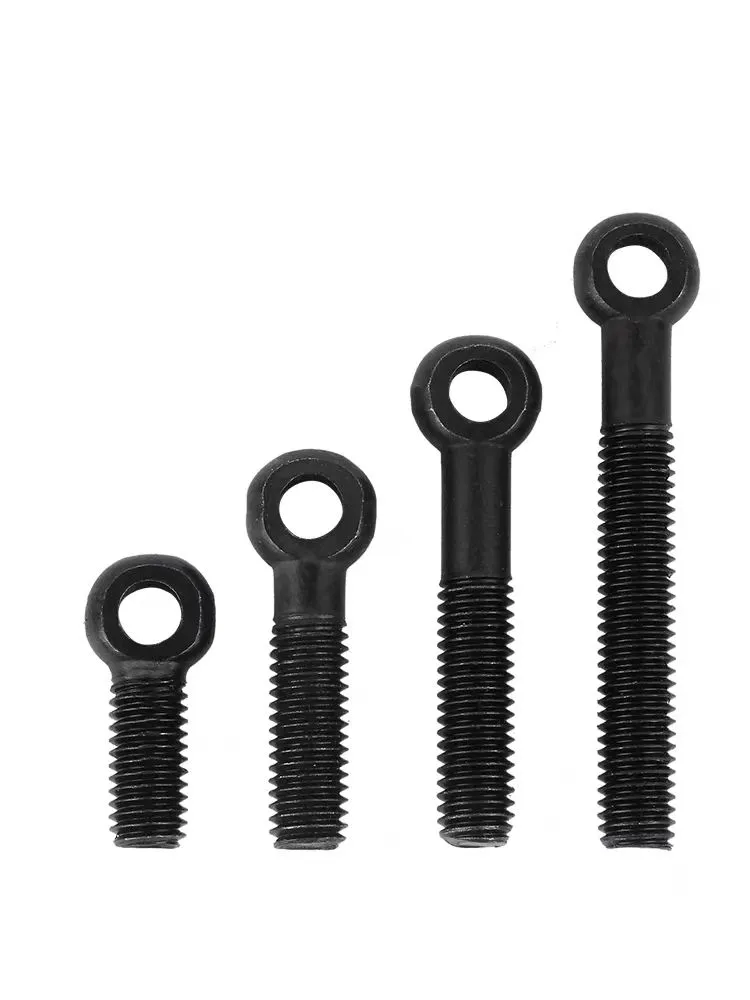

m20 steel washers
Ogo . 30, 2024 16:36 Back to list
m20 steel washers
M20 Steel Washers A Comprehensive Overview
M20 steel washers are essential mechanical components widely used in various industrial and construction applications. These washers, characterized by their nominal diameter of 20 millimeters, play a crucial role in distributing load and reducing friction between two surfaces. In this article, we will delve into the specifications, types, applications, and advantages of M20 steel washers.
Specifications
M20 steel washers are typically manufactured according to international standards such as ISO 7089 or DIN 125. These washers are usually made from high-quality carbon steel, which provides excellent strength and durability. They can also be treated with different surface coatings, such as zinc plating or hot-dip galvanization, to enhance corrosion resistance. The thickness of M20 washers can vary, commonly ranging between 2 mm and 5 mm, depending on the specific application and load requirements.
Types of M20 Washers
There are several types of M20 washers, each serving a distinct purpose
1. Flat Washers These are the most common type of washers, providing a large surface area to distribute the load of a nut or bolt over a wider radius. They help prevent damage to the materials being joined and reduce the chances of loosening due to vibrations.
2. Spring Washers Also known as lock washers, these are designed to exert a spring force, which helps in maintaining tension on the fastener. They are particularly useful in applications where vibrations are common.
3. Fender Washers With an outer diameter significantly larger than the inner hole, these washers are ideal for distributing loads even more broadly. They are often used in applications where the holes in the materials are oversized.
m20 steel washers

4. Wave Washers These are designed to provide a specific amount of preload or tension to a joint. Wave washers compress under load, creating a spring-like effect that helps maintain clamping force.
Applications
M20 steel washers are utilized across various industries, including
- Construction In building structures, M20 washers are often used in conjunction with bolts and nuts to secure steel beams and other components. - Automotive These washers are common in vehicles, where they secure various parts and reduce vibration-related wear. - Manufacturing M20 washers are used in machinery and equipment assembly to ensure that parts remain properly aligned and secured. - Aerospace In the aerospace industry, lightweight and strong materials are crucial, and M20 washers are incorporated into numerous assemblies due to their high strength-to-weight ratio.
Advantages
The use of M20 steel washers offers several advantages
1. Load Distribution They effectively distribute loads, which helps prevent material deformation and failure. 2. Vibration Resistance By using the appropriate type of washer, the risk of loosening due to vibrations is significantly minimized. 3. Corrosion Resistance When coated appropriately, M20 steel washers can withstand harsh environmental conditions, thereby extending the lifespan of the fasteners they support. 4. Versatility These washers can be utilized in a wide range of applications, making them a versatile choice for engineers and manufacturers.
Conclusion
M20 steel washers, though often overlooked, are vital components in ensuring the strength and integrity of various assemblies in multiple industries. Understanding their specifications, types, applications, and benefits can aid in selecting the right washers for any project, ultimately contributing to the reliability and safety of constructed or manufactured products. Whether for construction, automotive, or aerospace purposes, M20 steel washers remain a staple in engineering design and assembly.
Latest news
-
Durable Metal Fasteners with GPT-4 Turbo AI | High Strength
NewsAug.04,2025
-
Hot Dip Galvanized Bolts - LongZe Metal Products|Corrosion Resistance, High Strength
NewsAug.03,2025
-
Premium Cap Nuts: Secure & Durable Fastening Solutions
NewsAug.03,2025
-
High-Strength Hot Dip Galvanized Bolts - LongZe Metal Products|Corrosion Resistance, Customization
NewsAug.03,2025
-
Hot Dip Galvanized Bolts-Hebei Longze|Corrosion Resistance&High Strength
NewsAug.03,2025
-
High-Strength Hot Dip Galvanized Bolts - Hebei Longze|Corrosion Resistance&Customization
NewsAug.02,2025

